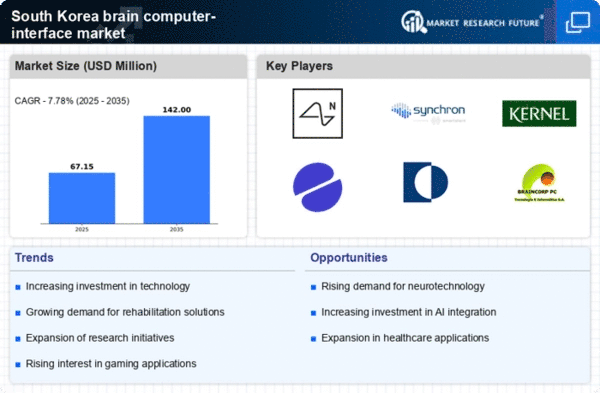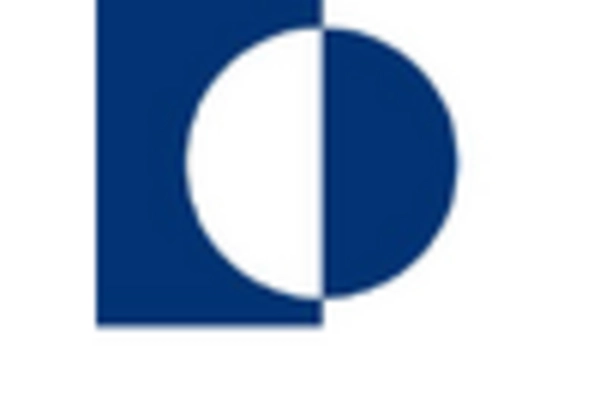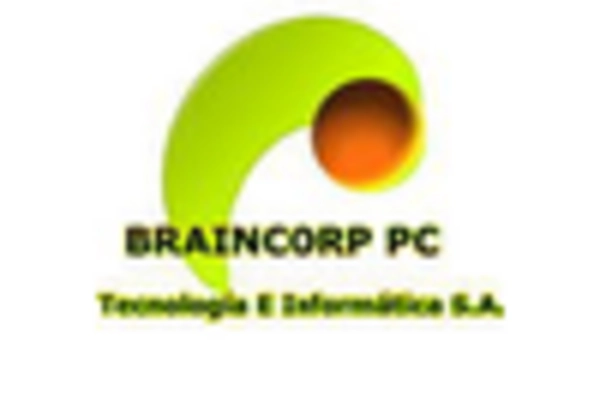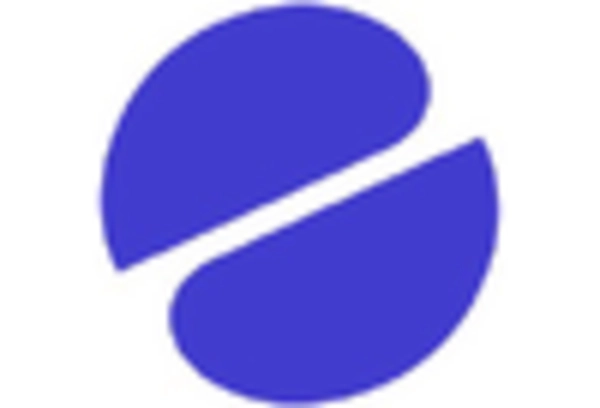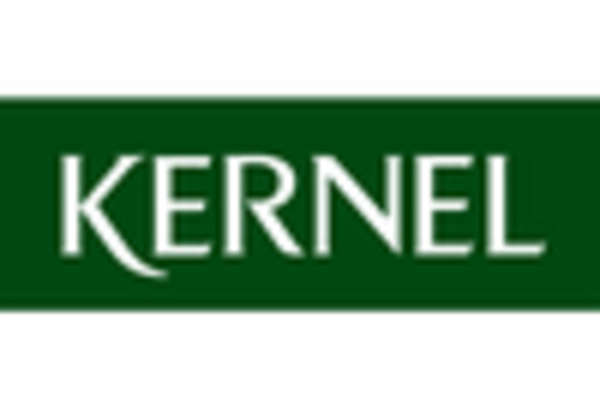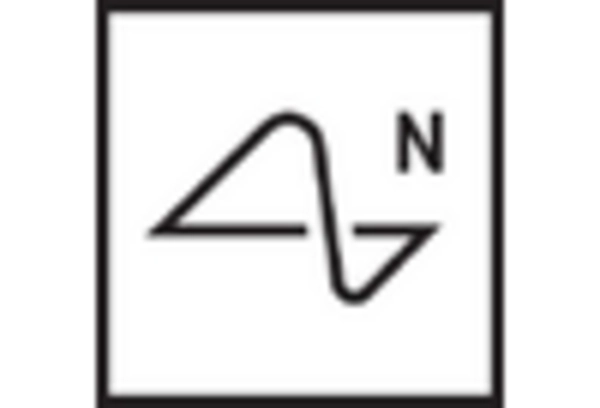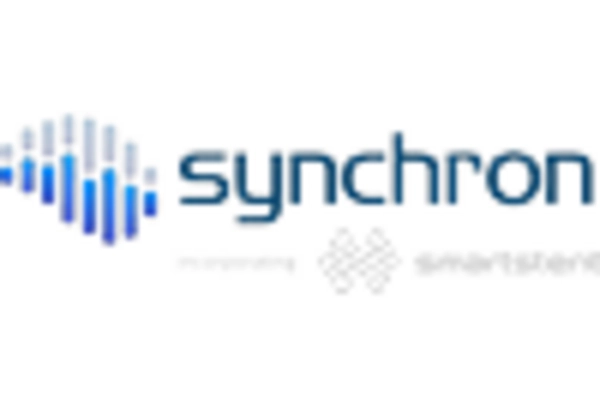Growing Demand for Assistive Technologies
The brain computer-interface market is witnessing increased demand for assistive technologies in South Korea. With an aging population and a rising prevalence of neurological disorders, there is a pressing need for innovative solutions that enhance the quality of life for individuals with disabilities. Brain-computer interfaces offer promising applications in assistive devices, enabling users to control computers and other devices through thought alone. This demand is further supported by government initiatives aimed at improving accessibility and inclusivity for disabled individuals. The market for assistive technologies is expected to grow, with projections indicating a potential increase of 15% in the next five years. This trend highlights the critical role that brain computer interfaces play in addressing societal challenges and improving the lives of those with mobility impairments.
Supportive Government Policies and Funding
The brain computer-interface market in South Korea is significantly influenced by supportive government policies and funding initiatives. The South Korean government has recognized the potential of brain-computer interfaces in various sectors, including healthcare, education, and entertainment. As a result, it has implemented policies to encourage research and development in this field. Funding programs aimed at startups and research institutions are being established to foster innovation and accelerate the commercialization of brain-computer interface technologies. This supportive environment is likely to attract both domestic and international investments, further propelling the growth of the market. Projections indicate that government support could lead to a market expansion of approximately 20% over the next five years, highlighting the importance of policy in shaping the future of the brain computer-interface market.
Technological Advancements in Neuroscience
The brain computer-interface market in South Korea is experiencing rapid advancements in neuroscience. Innovations in neuroimaging and neurostimulation technologies are enhancing the precision and efficacy of brain-computer interfaces. For instance, the development of non-invasive techniques, such as functional magnetic resonance imaging (fMRI) and electroencephalography (EEG), is enabling more accurate brain signal interpretation. This progress is likely to attract investments, as companies seek to leverage these technologies for applications in gaming, rehabilitation, and communication. The South Korean government has also shown interest in funding neuroscience research, which could further stimulate growth in the brain computer-interface market. As a result, the market is projected to expand significantly, with estimates suggesting a compound annual growth rate (CAGR) of over 20% in the coming years.
Rising Awareness of Mental Health Solutions
The brain computer-interface market is influenced by the growing awareness of mental health issues in South Korea. As mental health becomes a focal point of public health discussions, there is an increasing interest in technologies that can assist in diagnosing and treating mental health conditions. Brain-computer interfaces have the potential to provide insights into brain activity, which could lead to more effective therapeutic interventions. This trend is supported by government initiatives aimed at promoting mental health awareness and funding research in this area. The market for mental health solutions is projected to grow, with estimates suggesting a potential increase of 12% in the next few years. This indicates a promising opportunity for brain computer interfaces to play a pivotal role in addressing mental health challenges.
Increased Collaboration Between Academia and Industry
The brain computer-interface market in South Korea is benefiting from enhanced collaboration between academic institutions and industry players. Universities and research centers are increasingly partnering with technology companies to develop innovative brain-computer interface solutions. This collaboration fosters knowledge exchange and accelerates the commercialization of research findings. Notably, several South Korean universities have established dedicated research centers focused on brain-computer interfaces, which are attracting funding and talent. The synergy between academia and industry is likely to lead to breakthroughs in the development of new applications, thereby expanding the market. As a result, the brain computer-interface market could see a growth rate of approximately 18% over the next few years, driven by these collaborative efforts.


